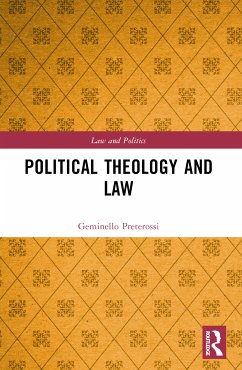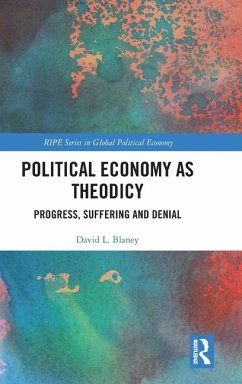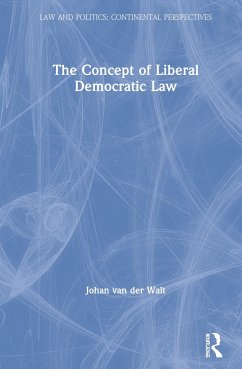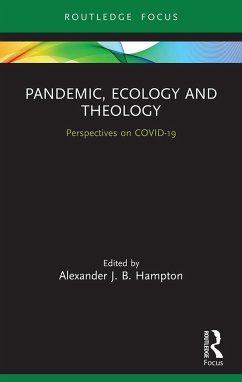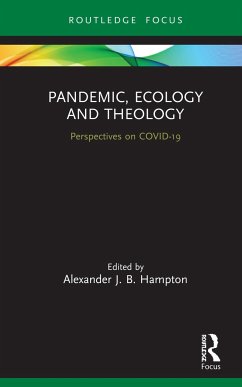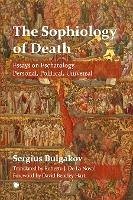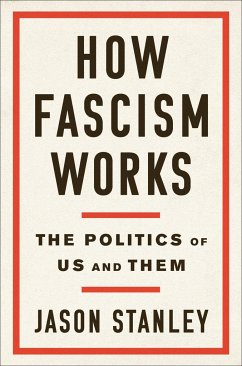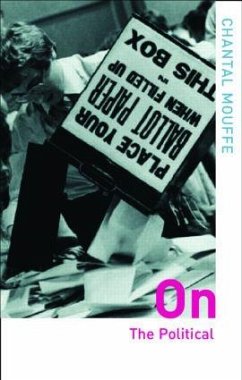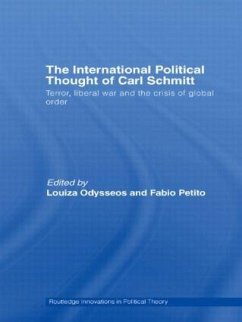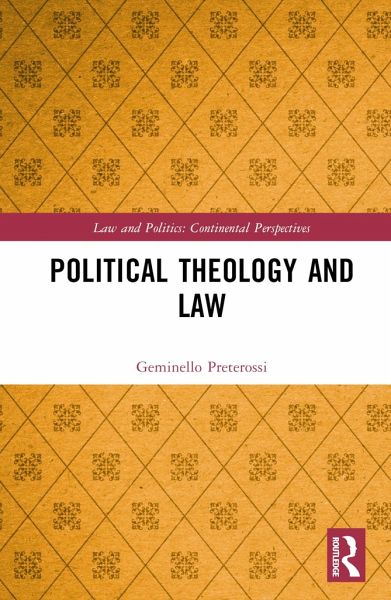
Political Theology and Law
Versandkostenfrei!
Versandfertig in 6-10 Tagen
138,99 €
inkl. MwSt.
Weitere Ausgaben:

PAYBACK Punkte
69 °P sammeln!
This book addresses two main questions. Can political theology be overcome? And, is what today - in referring to neoliberalism and its genealogy - many define as "economic theology" truly an alternative to political theology, as Foucault has claimed and as Agamben does today?As a first step, the book addresses and clarifies various misunderstandings about the notion of political theology, in its multiple and even opposite meanings. It then focuses on a conceptualisation inaugurated by Carl Schmitt, which sees political theology as the eloquent matrix of modern politics: insofar as the latter p...
This book addresses two main questions. Can political theology be overcome? And, is what today - in referring to neoliberalism and its genealogy - many define as "economic theology" truly an alternative to political theology, as Foucault has claimed and as Agamben does today?
As a first step, the book addresses and clarifies various misunderstandings about the notion of political theology, in its multiple and even opposite meanings. It then focuses on a conceptualisation inaugurated by Carl Schmitt, which sees political theology as the eloquent matrix of modern politics: insofar as the latter produces and continuously re-elaborates an "excess" that does not belong to it, its core remains theological-political, although secularised. The bulk of the book then pursues a reading of the analogic connection between juridico-political concepts and theological-metaphysical concepts; arguing that, although the 'turn' to economic theology is indeed another form of political theology, it is a deeply anti-political one, which forecloses modes of resistance.
The book will be of interest to scholars, researchers and advanced students in the fields of modern political and legal philosophy and those researching the crisis of its legacy. In particular, it is addressed to those who study the relationship between theology (and its substitutes, such as hegemony and political myth) and politics, power and law, legitimacy and legality, in the perspective of secularization. In addition, the book offers a contribution to contemporary critical studies on the neoliberal state and the return of the "state of exception" in democracies, as well as a questioning of the moralization of law, which is an effect of globalist ideology and the "humanitarian turn" after 1989.
As a first step, the book addresses and clarifies various misunderstandings about the notion of political theology, in its multiple and even opposite meanings. It then focuses on a conceptualisation inaugurated by Carl Schmitt, which sees political theology as the eloquent matrix of modern politics: insofar as the latter produces and continuously re-elaborates an "excess" that does not belong to it, its core remains theological-political, although secularised. The bulk of the book then pursues a reading of the analogic connection between juridico-political concepts and theological-metaphysical concepts; arguing that, although the 'turn' to economic theology is indeed another form of political theology, it is a deeply anti-political one, which forecloses modes of resistance.
The book will be of interest to scholars, researchers and advanced students in the fields of modern political and legal philosophy and those researching the crisis of its legacy. In particular, it is addressed to those who study the relationship between theology (and its substitutes, such as hegemony and political myth) and politics, power and law, legitimacy and legality, in the perspective of secularization. In addition, the book offers a contribution to contemporary critical studies on the neoliberal state and the return of the "state of exception" in democracies, as well as a questioning of the moralization of law, which is an effect of globalist ideology and the "humanitarian turn" after 1989.





